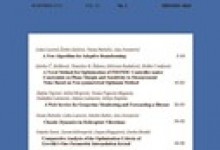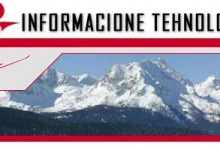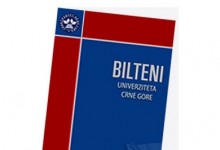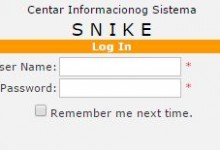
RADIOKOMUNIKACIJE
Semester: 6
ECTS: 6
Status: Obavezan
Lessons: 3+1+1
Double: Ne
Learning outcomes:
After the student passes this exam, he will be able to: - Describe the most important characteristics of radio channels on MF, HF, VHF and UHF bands and radio wave propagation mechanisms on these frequencies. - Define the parameters for the description of time-varying radio channels, as well as to perform classification of dispersive radio channels. - Analyze the parameters of the radio channel, and based on that, chooses the optimal solution for transmitting radio signals under given conditions. - Understand the concepts of spread spectrum signal transmission and OFDM modulation technique. - Compare the characteristics of different multiple accesses techniques to the radio channel. - Describe the most important characteristics of the physical and MAC layers of different radio communication systems (mobile cellular systems, WLAN, LPWAN, etc.) and present conceptual solutions for future radio communication systems. - Understands the impact of radio frequency (RF) radiation on environment and defines the parameters for describing the impact of RF radiation on human health. - Correctly use various experimental and measuring telecommunications equipment for measuring basic radio parameters emissions.
Teaching staff
| Name | Lectures | Exercises | Laboratory |
|---|---|---|---|
| ANA JEKNIĆ | 1x1 2B+1S+1P | 1x1 2B+1S | |
| ENIS KOČAN | 3x1 2B+1S+1P |










